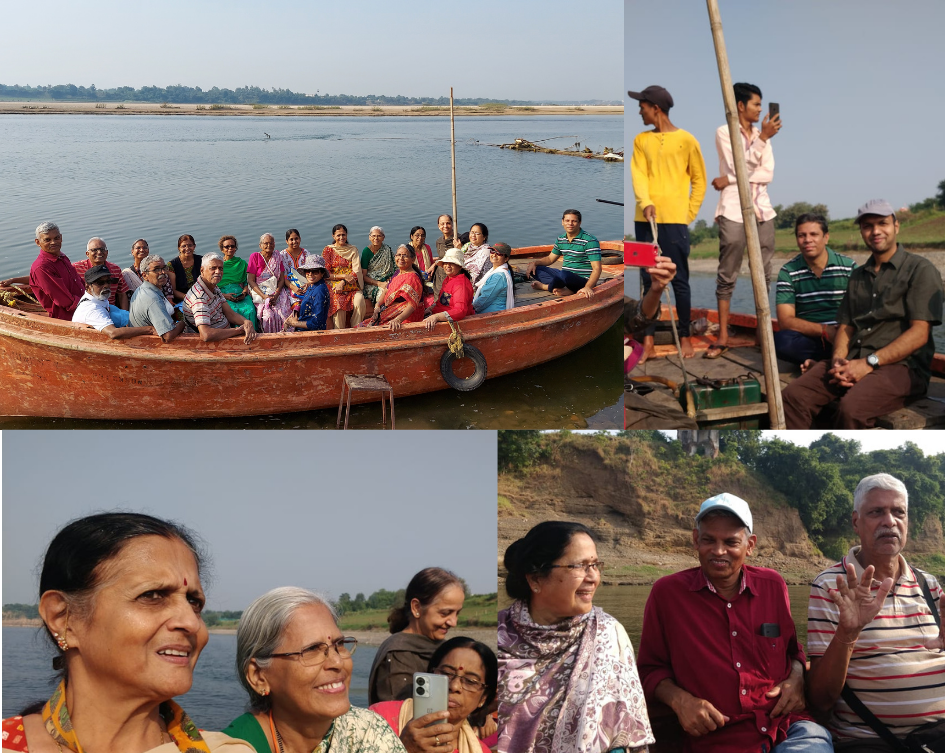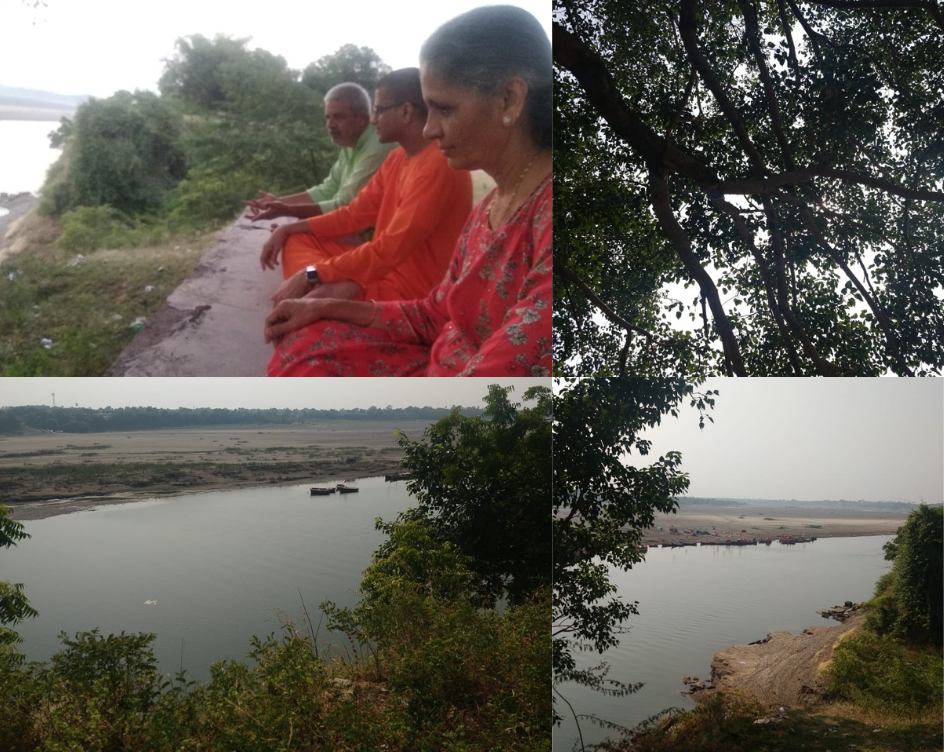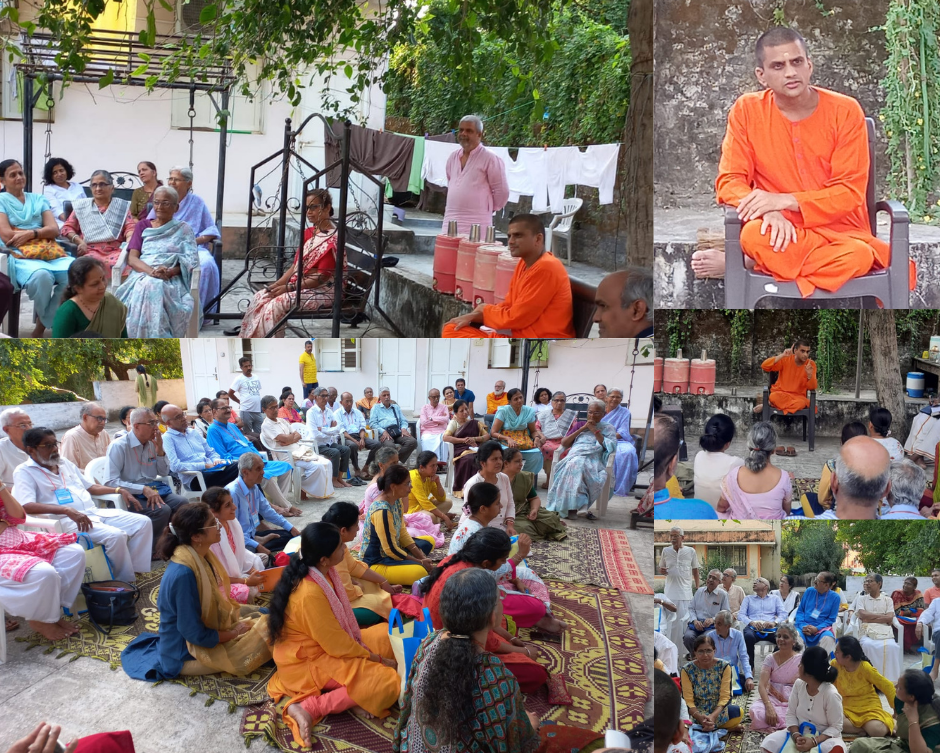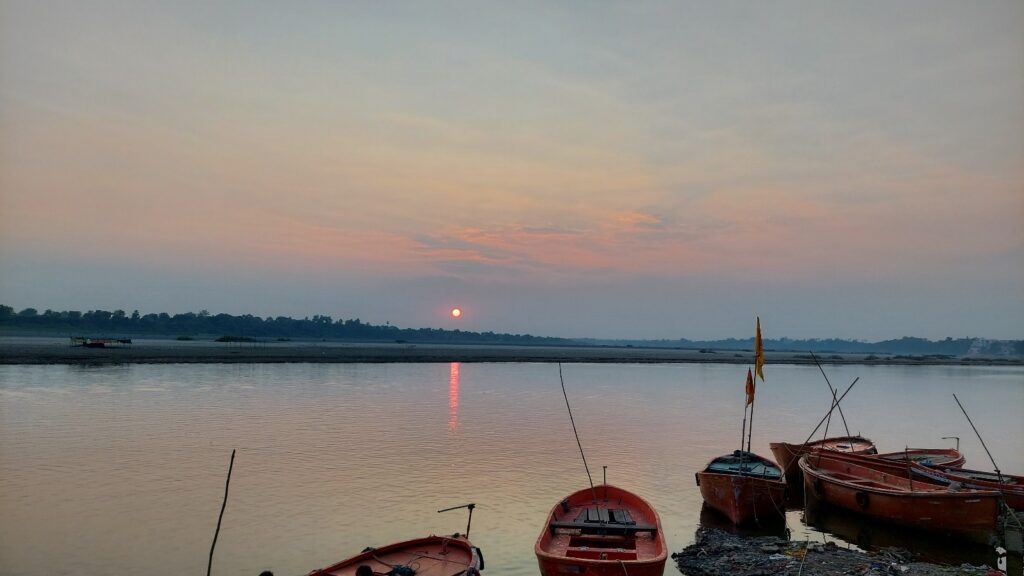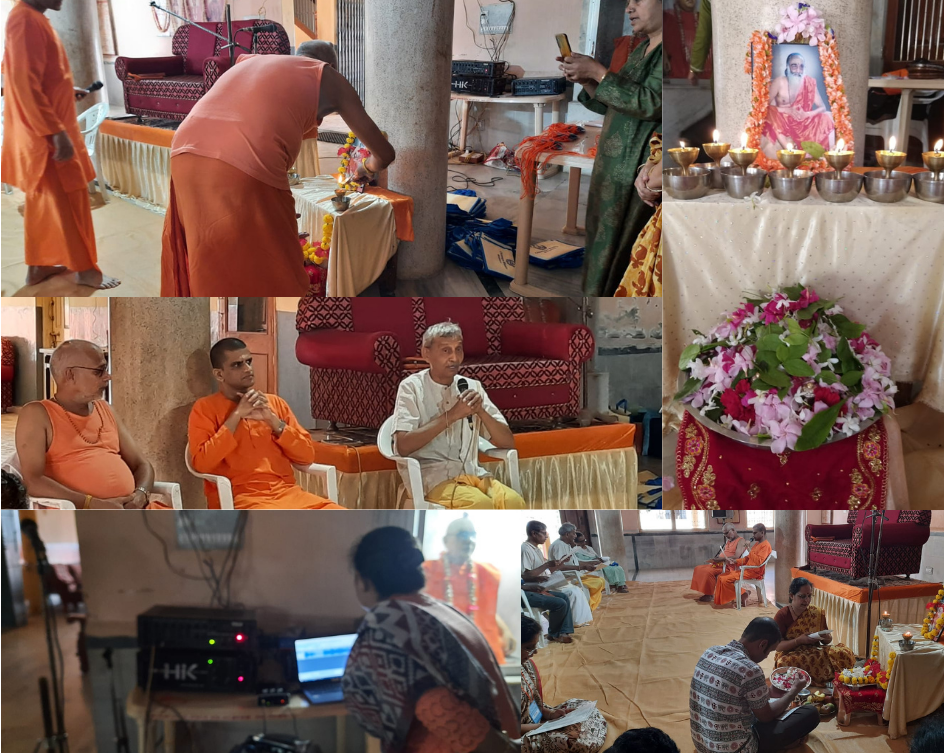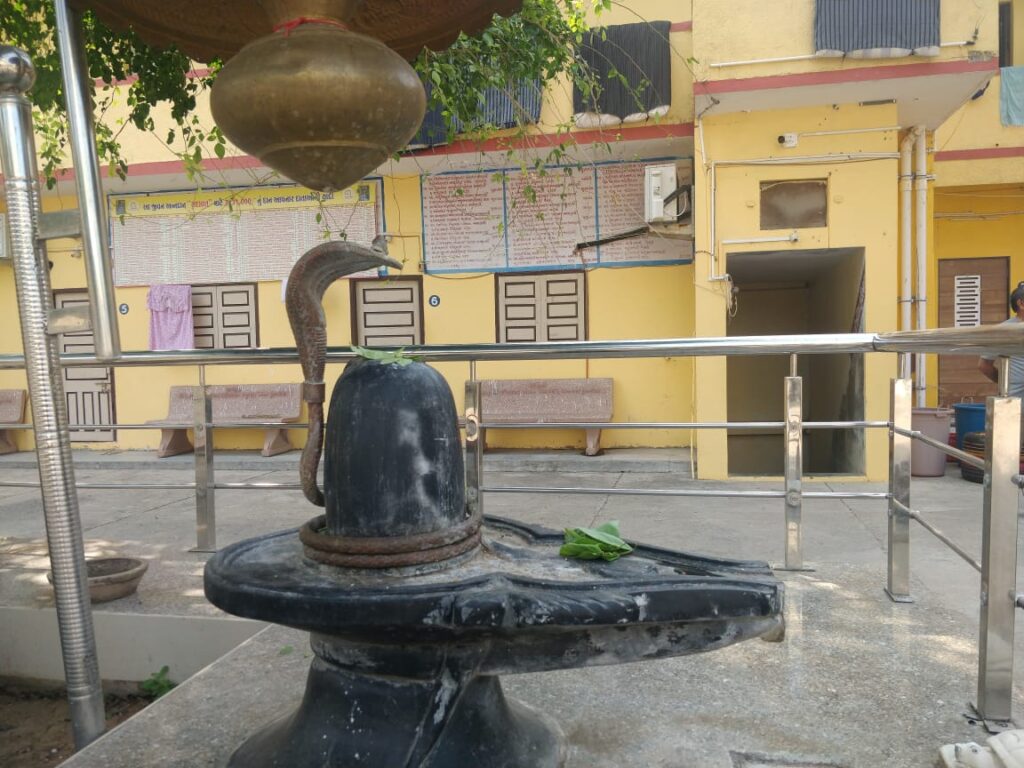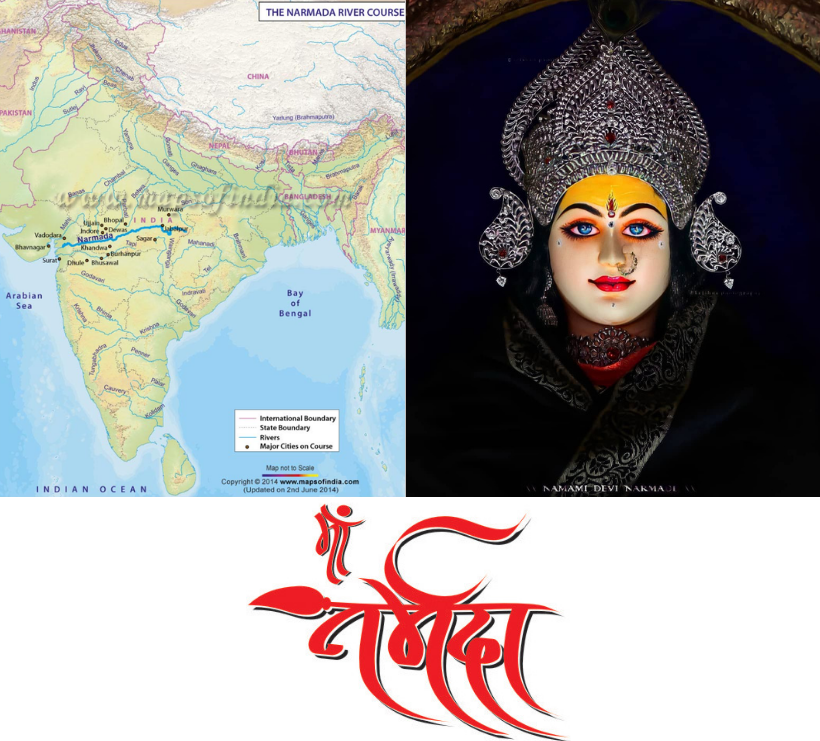The Sadhana Camp – Day 4
The just Bhagavān teaching a Lesson
Unknown to me, the just but merciful Bhagavān, who couldn’t tolerate even a trace of selfishness in His devotees – had decided to teach me a lesson! I woke up around 4:30 a.m. that morning, with a heavy headache. I was barely able to get myself out of bed, but at the back of my head I knew that duty was calling to deliver the morning tea. I realised that for a volunteer, the responsibility of completing a job well is even greater than that of a paid employee! This is since a volunteer just has goodwill to win or lose, and any lost goodwill is very difficult to win back! I choicelessly decided to sleep for some more time in order to be fresh for the early morning talk and instead go a bit late to Yoga class that day. This way, the morning tea would also be delivered on time in Gita Mandir (after Yoga class). The thought of my discussion with akkā and refusing to take the videos entered my mind, with a tinge of repentance! But alas, I had not fully realised my mistake yet and Bhagavan was watching!
After getting ready, I reached Gita Mandir and kept the tea flask and glasses near the open terrace and hurriedly made my way to attend the rest of the Yoga class – silently repenting to have missed most of it. My earlier act of selfishness had ensured that, I had lost both the sevā as well as the Yogāsana opportunity – further adding to my repentance! After completing the remaining exercises in the inside hall, Sumanth ji then asked all of us to come outside to the open terrace, for laughter yoga. I suddenly remembered the other day, when there were hardly five minutes left for the sādhaks to have tea before Swamiji came to the hall to start the talk – with them ending up having to take it in a great deal of rush! Reminiscing thus, I momentarily lost control of my tongue and blurted out, saying that after Yoga class, everyone could have tea on the open terrace itself (thereby saving time). To this, I instantly received the deserved reaction with someone saying “Tea is not important now!” Repenting for having momentarily lost my self-control, I slowly walked to the open terrace and tried to laugh away my mistakes and repentance in laughter yoga therapy – but failed miserably at it! As I had dreaded, after yoga class there were less than five minutes left and I requested everyone to have their tea quickly, before Swamiji came! As I completed serving tea to the sādhaks present there, being kindly helped by Usha akkā – who drew out the glasses for everyone, Swamiji had already arrived in the hall and was taking his seat.
My troubles weren’t over yet, as I rushed to my usual seat at the back of the Mandir hall. As I was about to take a seat, I realised that the smaller light at the centre which illuminated most of the back of the hall, had not been turned on yet! Knowing that this would cause a problem, as sādhaks taking notes will not be able to see properly in the dully lit early morning hall, I then made my way towards the nearby switch board. Not knowing which switch to turn on, I started to check each switch individually! Kirit bhai rightly gestured me to sit down, but I didn’t listen, as I couldn’t get the thought out of my mind – about the perceived difficulty that the sādhaks would face. By this time Swamiji had already started the Omkāra Japa and unknown to me, my movements were probably causing disturbance to the nearby sādhaks. In my hurry I turned on the bigger light at the centre with the forgetfulness that Swamiji had asked to turn it off the previous day and was just about to take a seat when Asmita didi came to my rescue and quietly informed me about what Swamiji had said earlier. I then immediately turned it off and not finding the switch for the smaller centre light, finally gave up – to avoid further disturbance and then took my seat. My already heavy heart now weighed almost a ton! With a thoroughly disturbed mind reflecting upon my recent failures, I started listening to Swamiji’s words, which slowly started soothing my heart like a balm!
Redemption by the compassionate Bhagavān
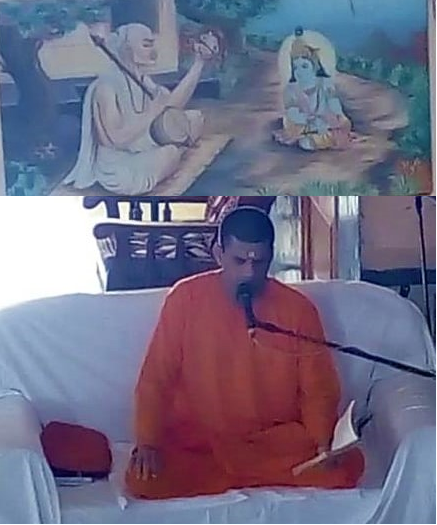
I prayed to God to make me remember what Swamiji said in his talks that day, realising that I didn’t have my book (lost the previous day) to take notes on. As the talk proceeded and I looked around, I realised that in spite of the poor lighting, the sādhaks who were taking notes, seemed unaffected and somehow could continue writing seamlessly! This made me realise that my earlier efforts were actually in vain, as it was God’s will that day to have poor lighting in the hall and then His grace that some could even take notes there! Seeing my earlier efforts as unnecessary and the resulting disturbance caused to some saddened me further. Then in the middle of the talk, the large-hearted Bhagavān, seeing the poor state of his devotee must have felt some compassion. He then gave me a chance to redeem myself by presenting an opportunity to do a small sevā to an elderly sādhaka sitting nearby. I immediately got on to the task and after completing it, sat down with slightly teary eyes and the tonne-like weight of pain in my heart, instantly lifted by the all-merciful Bhagavān! I felt immensely happy to have won back His grace and then continued listening to the talks with much improved attention!
Gathering some more Pearls
That day Swamiji was explaining about the different koṣas (sheaths) in our personality. As he sprinkled different pearls on us, I caught one on gratitude, which said, a grateful mind is a beautiful mind! If we are grateful / thankful, then the cosmic forces will give us more and more occasions to be grateful – a cosmic law! He also gave us a useful exercise, to make a note of what all good things we received in this camp and focus only on the good in others. He said, “All of us are a mix of good and bad. If a person has many virtues, but only a couple of vices, then focus only on the virtues and never find fault with anyone.” Another pearl on forgiveness said – only the strong can forgive and that forgiveness gives instant peace! Inability to forgive someone indicates our weakness and lack of spiritual progress! Yet another pearl on confession said – in life we make mistakes and then learn – there is no other way! The first step is to admit a mistake (ego will always try to justify mistakes). Mistakes are unavoidable – hence, immediately confess to Bhagavān and say – ‘I was wrong, please forgive me!’ Confession gives a sāttvik joy!
Finally, Swamiji handed us the largest and most precious jewel on Devotion or Bhakti (love for God) – rightly called as the mother of all virtues. It declared that, Bhakti is the mother of Jñāna (knowledge) and Vairāgya (dispassion). With Mukti (liberation) relegated to being Her dāsi only. Then he gave us a simple technique on how to love God – try to know how much Bhagavān loves you (by remembering all the good things that were given to you)! He also asked us to test Bhagavān, by taking all our problems to Him, to be fully involved and conscious during our prayers and to make Bhagavān our charioteer of life!
I later met Sumanth ji and asked for his forgiveness for having missed his class, when he correctly reprimanded me like a father does to his son – speaking about the disturbance I had caused earlier. I said my intention was to only provide sufficient lighting to the sādhaks taking notes, but he said no matter what, I had to stay quiet once Swamiji started the chanting. Having fully realised my mistake, I apologised to him again and humbly said that I would try to correct myself and would not repeat it next time. My lost bag and book were then returned to me during breakfast time, as someone had taken it mistakenly – since they all looked alike. I thanked God for his earlier reassurance and for making sure it was returned to me within a short period of time.
Gāyatri Havan (Homa) at Dakshinamurthy Ashram
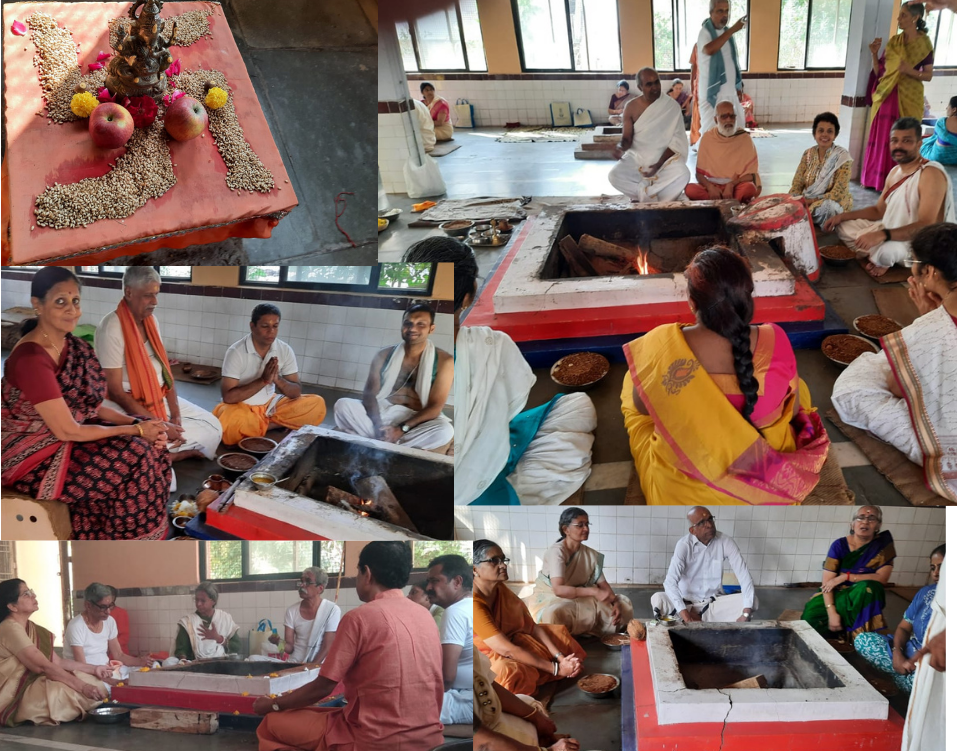
Vinod ji had earlier asked us to be present at Dakshinamurthy Ashram’s Yajñaśālā, half an hour before the havan started – for some sevā work. Hurriedly gulping down my breakfast, I rushed to take a bath and then made my way to DA, with Rajesh bhai at my side. I saw several sādhaks both junior and senior gathered there early, to help in setting up things for the Yajña. With numerous hands acting in unison, within a short time everything was setup and the Yajña started on time. The Yajñaśālā had a beautiful setup of one large and four smaller Yajña-kuṇdas (ritual pits) available, around which 8 to 16 people could perform Yajña simultaneously! Kirit ji and Vinod ji had kindly agreed to conduct the Yajña on a non-regular day for us (it usually happened only on Sunday and special festive days). They went to each group gathered around the Yajña-kuṇda and gave crystal clear instructions on how to perform the Yajña, which then took us close to two hours to complete. Swamiji was welcomed by Vinod ji and other convenors in the Yajñaśālā as per the rituals and tradition of the Dakshinamurthy Ashram and graced the occasion by his presence. He was seen quietly meditating, probably on the divine mantras being chanted. After the pūrṇa āhuti (final sacrifice) was done, I did Krishna-arpaṇam into the Yajña-kuṇda, which is our usual custom after completing any pūjā.
Meeting with a couple of Sādhaks
That evening I happened to meet Indira ammā and we got talking about what she did for a living. When she mentioned that she worked for Canara college, Mangalore, I suddenly remembered my late father’s wish of donating to Canara high school – where he had studied earlier. Not knowing anyone there, I hadn’t got an opportunity to fulfil his wish yet. When I mentioned this to Indira ammā, she very kindly said that she would introduce me to the right person, who will accept the donation made to the institution. She kept her promise soon after and shared the contact, thereby helping me to take one step ahead, towards fulfilling my father’s wishes.
That night after dinner, I had taken a seat next to Ramprakash ji. I had immediately taken a liking to Ramprakash ji (or Prakashji as he is called), when I had met him earlier – looking at his ever-cheerful and humble nature and his concern for others. We had a jolly conversation joined in by Mohan ji and Rajesh bhai about the childhood days of Prakash ji and his travels (and travails!) from Bombay to Mangalore in those days when he described he had to take one train and two buses for the strenuous journey – taking him 2-3 days to reach! When I exclaimed that it must have been fun travelling back then – he joked by saying that it was for him, but not for the parents! We also talked about the immense time it took for making a long-distance call (STD/ ISD) and about some of the older gadgets like pager and telex, which had very short lifetimes on the technological landscape.
Read More…
Prev: Day 3
Top: Sadhana Camp 2022
Posted in: Sadhana Camp
Leave a Comment (0) →
